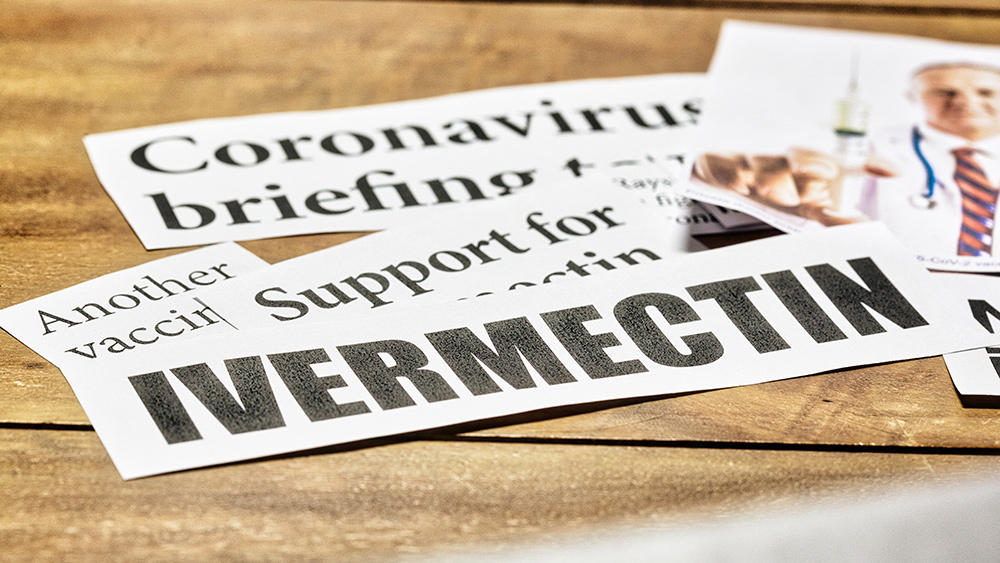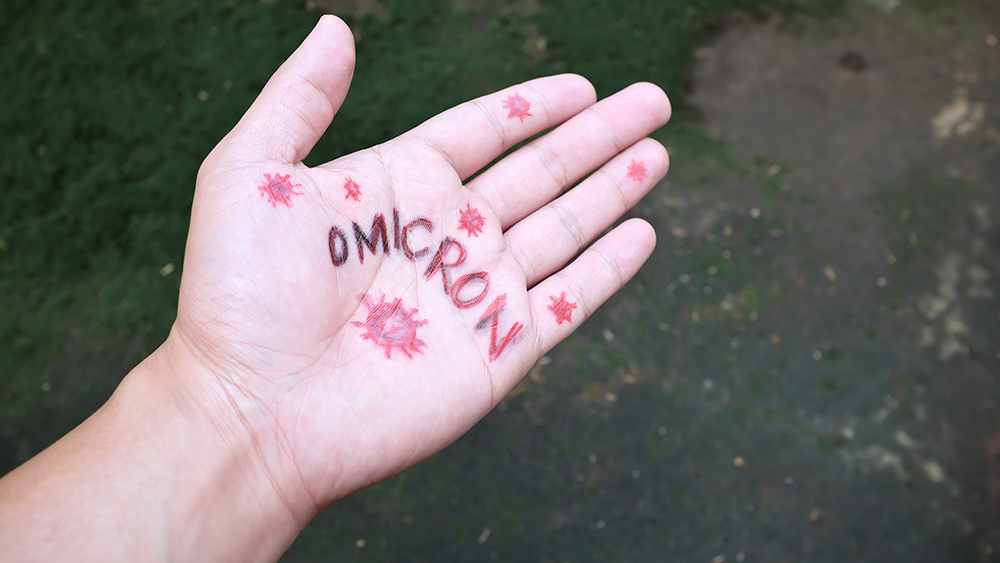A loss for the natural health community: FDA claims ALL homeopathic medicines are marketed illegally
01/07/2021 / By Cassie B.

The natural health community experienced a huge loss when the FDA claimed that all homeopathic products are unapproved “new drugs” and must be withdrawn from the marketplace in 2019 in a move that has made it more challenging for people seeking homeopathic remedies to get the help they need.
According to the guidance, any homeopathic drug that has not been categorized as “generally recognized as safe and effective” (GRAS/E) is to be considered a new drug – and the FDA has not given a single homeopathic drug the GRAS/E determination. New drugs cannot be marketed until they have undergone the FDA’s approval process, which no homeopathic drugs have done as doing so is simply too costly for most producers.
This has effectively ensured that all homeopathic medicines are being marketed illegally, allowing the FDA to take enforcement actions as it sees fit. While the agency has said it will focus its enforcement on specific categories involving safety concerns, such as those remedies that are intended for vulnerable populations and products with dangerous ingredients, they have reserved the right to take action against all homeopathic products at any time.
The guidance has hit the homeopathy community hard, which is largely driven by small businesses and creates jobs for manufacturers, educators and practitioners. The effects are being felt by homeopathic medicine labs, health food and vitamin stores, and other industries.
Although there is a process in place that could allow certain homeopathic remedies to be reinstated via a new drug application, homeopathic remedies can’t be patented because they are made using common substances. Moreover, approving every new drug can be a very expensive endeavor, which means it would be unprofitable in many cases. The tailored nature of homeopathic medicine to address each individual makes it even more complex.
Based on the simple yet powerful concept that the body is capable of healing itself, homeopathy uses small amounts of natural substances like minerals and plants to help stimulate the healing process. For example, chopping an onion causes many people to have a runny nose and watery eyes; the allium cepa remedy created from onion can be used to activate the body’s mechanism for stopping a runny nose and watery eyes in a “like cures like” principle.
FDA’s homeopathy guidance is a gift to Big Pharma
While those in the industry agree that labeling regulation is needed to stop non-homeopathic products from being marketed as homeopathic and that truly dangerous remedies need to be removed, the FDA is taking the opportunity to eliminate a huge source of competition for its Big Pharma supporters.
The FDA cites homeopathic teething tablets containing belladonna as one of the main concerns driving their control over homeopathy. In that situation, Hyland’s Teething Tablets, a homeopathic remedy containing the herb belladonna, were linked to reports of serious adverse events in children. Although some products were indeed found to contain variable amounts of belladonna, those amounts were all inside the safe limits, even if the child took more than the recommended dose.
Nevertheless, this scenario is still often used to support anti-homeopathy efforts, and many people believe it is all merely a concerted effort on the part of the FDA to protect pharmaceutical company profits. More than 6 million Americans use homeopathy for treating specific health conditions, while the number of those using it regularly worldwide exceeds 200 million. It’s easy to see how much Big Pharma has to lose.
These companies have tremendous influence over regulators and lawmakers alike, and the FDA has long faced accusations of corruption when it comes to its dealings with Big Pharma.
Sources for this article include:
Tagged Under: biased, Big Pharma, FDA, FDA corruption, health freedom, homeopathic remedies, Homeopathy, lies, natural health
RECENT NEWS & ARTICLES
COPYRIGHT © 2017 LIES NEWS





















